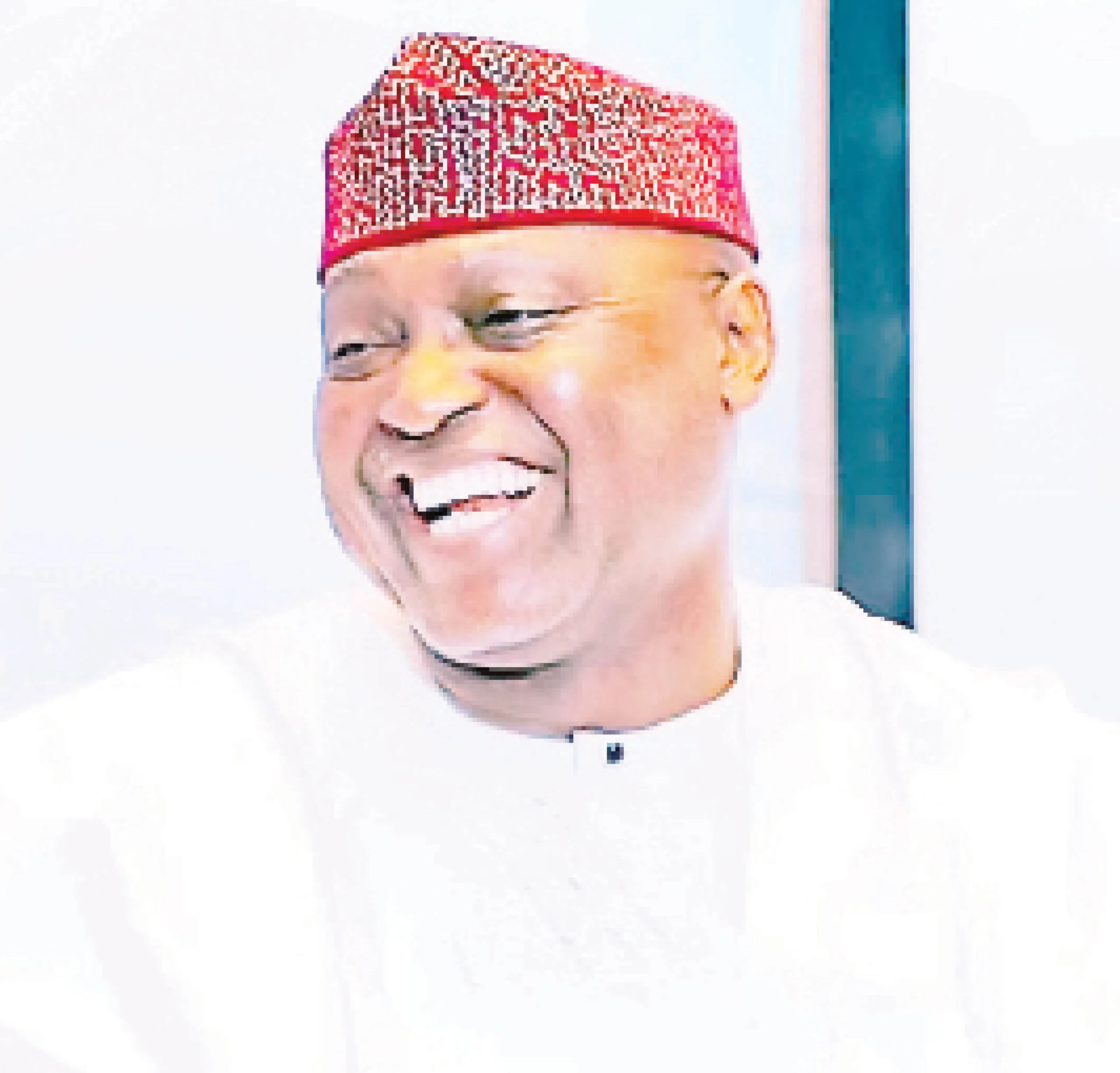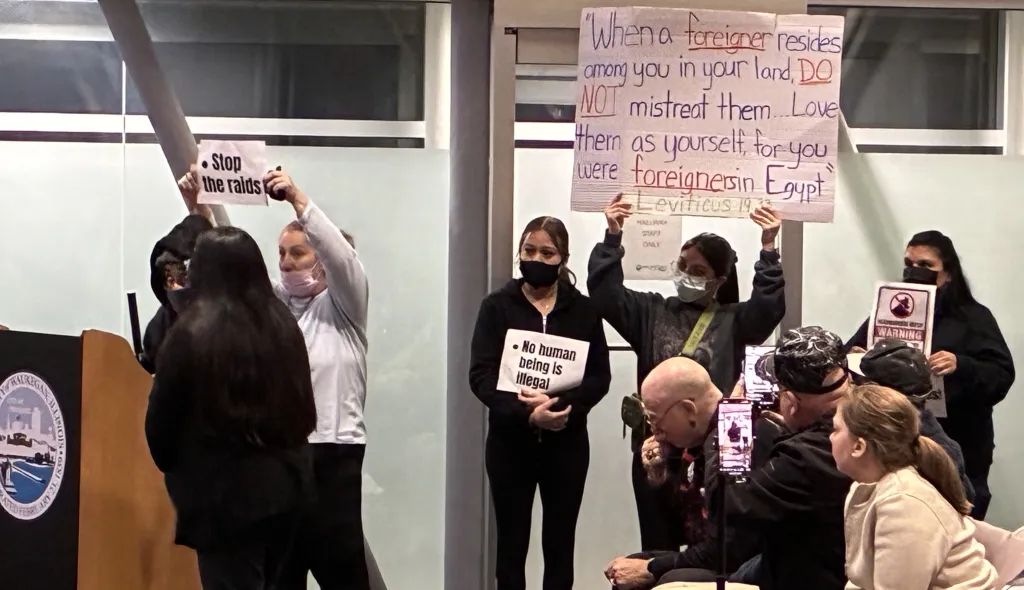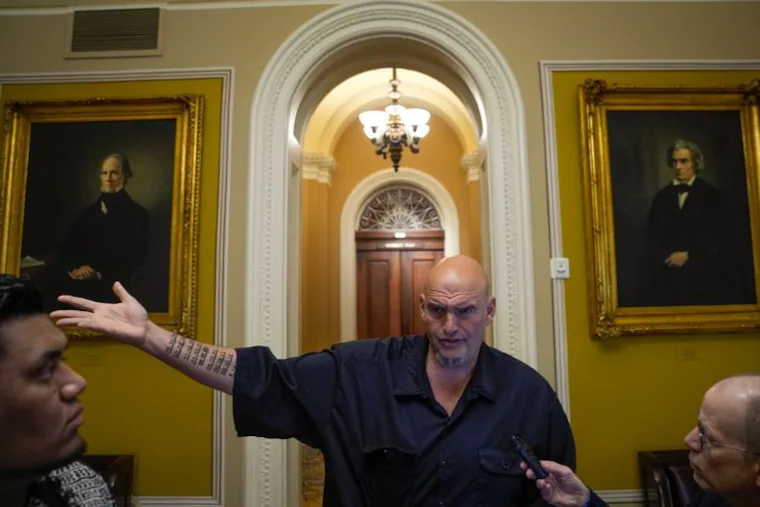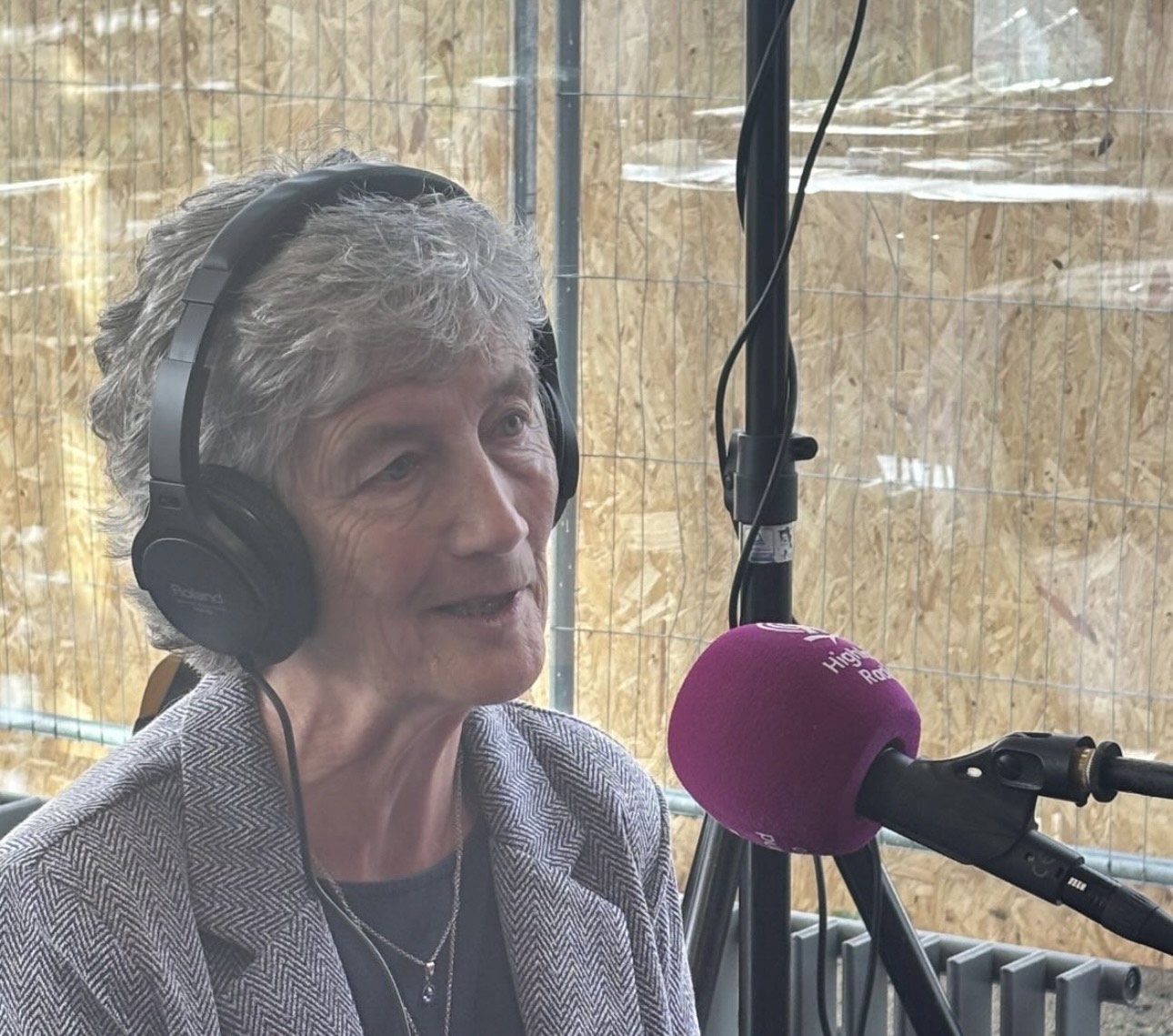Copyright tribuneonlineng

Last Monday, incumbent Ekiti State Governor, Abayomi Oyebanji, was crowned as the consensus candidate of the All Progressives Congress (APC) by delegates across the three senatorial districts in the state. Governor Oyebanji spoke with select journalists at the Government House at the end of the exercise. TAIWO AMODU presents the excerpts: Apparently, this is the first time we will have a consensus arrangement in the APC where all the tendencies within the party are saying it has to be you. How did you achieve this? Thank you so much. And before I answer that question, let me once again thank you for the honour of your presence in Ekiti State. I’m happy that you are here to see for yourselves what we have been able to do in three years. What happened today is historic. In the 29-year history of this state, no democratically elected government has been able to achieve this kind of feat. There has never been a time a government succeeded itself. So, by God’s grace, if we win next June, we’ll be the first government to run back-to-back. We have had governors who spent two terms, but usually, they would lose an election, leave, and then return to office. That has been the bane of our development because there is always policy truncation. When a new government comes in, it abandons the projects and policies of its predecessor and starts afresh. When we were fighting for the creation of this state, by providence; I was the Secretary of the Committee for the Creation of Ekiti State. I was a very young man then — just 26 years old — and I worked closely with the founding fathers. I know their desires for Ekiti; I know their vision. There’s no politician in Ekiti State today that has the kind of experience I have in public service. Before becoming governor, I had already put in eleven years. I started as a Senior Special Assistant, later became a Special Adviser, and eventually Chief of Staff to Governor Niyi Adebayo. We left office in 2003. When Dr. Kayode Fayemi came in 2010 — after a seven-year hiatus — I worked with him for four years in three different capacities: Commissioner for Integration and Intergovernmental Affairs; Head, Office of Strategy and Service Delivery; and Commissioner for Budget and Economic Planning. The government lost re-election in 2014. In 2018, Dr. Fayemi returned and I was appointed Secretary to the State Government. So, I have seen governance at very close range, and my roles as Chief of Staff and SSG made me work closely with two governors. I’ve seen them make decisions and face the consequences. That experience has shaped me. When I assumed office as governor, I told myself that I must avoid the mistakes they made, intentionally. I also noticed that former governors never had good relationships with one another. When Governor Segun Oni was in office, we had a meeting in Ilupeju where I suggested a Council of State — a quarterly forum for former governors. He agreed, but never did it. I plan to do it in my second term. We’ll send a bill to the House of Assembly to make it mandatory for any sitting governor to convene such a meeting quarterly.When I became governor, I made up my mind to be at peace with everyone. Former Governor Fayose surprised me — though his party contested against ours, the day I won, he called his party’s candidate to congratulate me and even wrote a letter of congratulations, advising him not to go to court. He did that. This same Kayode Ojo took me to court over pre-election matters, and it went up to the Supreme Court. Engineer Segun Oni also took me to court; his case too went to the Supreme Court. For two years, I was in and out of court. At a point, I had 35 court cases. So, I went to Fayose and asked, “Why did you do this?” He said, “Look, I’m now matured. I can rise beyond politics and be a statesman. You deserve every support you can get.”People often ask how I maintain good relations with former governors. I simply respect them. If they want to see me, I go to their houses; I don’t allow them to come to my office. I call them, I check on them, and I attend their social functions. People assume I give them money — no. Even if you do, without respect, it means nothing. Today, I can pick my phone and call Governor Fayose or his wife. I have relationships with their children too. We are one family, and the people appreciate it. There’s peace in the state — no tension, no violence. Everyone is happy, and Ekiti is better for it. It’s all about mutual respect and understanding. There’s been clamouring in recent times for reserved seats for women in politics. Knowing that women are very crucial in governance, what are your plans for women ahead of 2027? If you look at our record, we are one of the best in the country when it comes to gender equality and affirmative action. We currently have the highest number of female legislators in the House of Assembly nationwide. My Deputy Governor is a woman, my Head of Service is a woman, the SSG is a woman, the Accountant-General is a woman, and the Accountant-General for Local Government is also a woman. We have many women serving as councillors, vice-chairmen, and chairmen of local government councils. Only one or two states might rival our record. This tradition existed before me because my predecessor’s wife, Erelu Bisi Fayemi, is a strong gender activist. So, we already have a strong structure to protect women’s rights. However, it should go beyond political appointments and elective offices. We also support women in the informal sector by providing resources to sustain their businesses and trades. Every department of government has a desk dedicated to affirmative action. As for reserved seats, that depends on the National Assembly. To be honest, it will be tough, but we must keep the conversation going. Your Excellency, we have seen your efforts in road infrastructure and health, and we commend you. But Ekiti is known for agriculture. What are you doing to leverage the weather and landmass, especially to help the youths, citizens, and the state’s economy? When I asked whether you had gone outside town, I wanted to know if you visited our agricultural belt. Agriculture is one area we’ve invested heavily in, and Mr. President has been very supportive. In the last one year, we have taken 5,000 youths from the streets to the farms across 13 clusters in the state. We clear land for them, give them improved seedlings, provide tractors, handle land preparation, and even established a company to buy their produce. We’ve now scaled this up with the “Renewed Hope Farm Dormitories.” If you go to Ikere, for instance, you’ll find dormitories built as hostels for male and female farmers — complete with security houses, kitchens, common rooms, internet access, and DSTV.Farmers can stay for three to five days without missing city life. We provide buses and security for all clusters, in partnership with local governments. I’m very proud of this, because no formal employment scheme can take 5,000 people off the streets at once.We’ve built six dormitories across six clusters and plan to scale up to 16 — one per local government. This will reduce the daily commuting stress for farmers. They are making money, they are happy, and I’m so excited about that. You mentioned many former governors, and Ekiti has produced several strong political figures. How do you navigate the influence of political godfathers while maintaining autonomy in governance? Also, how are you ensuring that public education matches the state’s “Fountain of Knowledge” reputation in quality and outcomes? On godfatherism, I think I’ve been lucky. In Ekiti, we don’t have a history of predecessors lording over their successors, mainly because we never had political continuity. How do you talk to a man who doesn’t belong to your party?The closest we had was between Governor Niyi Adebayo and Governor KayodeFayemi, not because they succeeded each other, but because Otunba Adebayo introduced Dr. Fayemi to Ekiti politics. But Adebayo left office in 2003, and Fayemi didn’t come in until 2010. When Fayemi became governor, Adebayo stayed away. People even speculated they were quarrelling. When I asked him, he said, “I’ve given you someone who can govern; why should I disturb him?”The same thing happened with me. I worked with Fayemi as SSG, and in fairness, he doesn’t interfere in policy decisions. Unless I ask for advice, he doesn’t intrude. When he asked me to run, he placed no conditions. Of course, people go to him to lobby for appointments, but that’s manageable. As for education — yes, we pride ourselves as the “Fountain of Knowledge.” We have the highest PhD per capita in Nigeria. There’s hardly a household without a PhD holder. But are we still that strong? No.To reverse the trend, we decided to strike a balance between what you teach, how you teach, and where you teach. “What” refers to the relevance of the curriculum. “How” concerns teaching methods and teacher welfare.“Where” refers to the learning environment — whether it is inviting and conducive.Our policy addresses these gaps, starting from primary education through UBEC. However, we lack a similar structure for secondary schools. By God’s grace, in our second term, we will focus more on secondary education.I’m not satisfied with their current state. There’s little structure for renovation or support. We’ve concentrated on primary schools, but secondary education is critical. Once we balance content, welfare, and environment, the outcomes will be excellent. Having secured the APC ticket, are you jittery that the opposition might truncate your second-term ambition? Politicians are incurable optimists, but I’m not. People say Ekiti is a one-party state, yes, but we still have opposition. We’re waiting to know their candidate before crafting our strategy.They don’t have a candidate yet, but we’ll keep working until the election is won because it has implications for the 2027 presidential election. Once their candidate emerges, we’ll deploy the appropriate strategy.Are we jittery? No. But we won’t be complacent or assume it’s Eldorado. We’ll work until the last minute. At the end of your tenure, where do you expect Ekiti to be? We have a 30-year development plan derived from our campaign manifesto. The plan outlines where we should be at the end of every year.By 2030, by God’s grace, we envision a state that is economically prosperous, industrialized, secure, and attractive for living, working, and investing. A state where indigenes are proud to call Ekiti their own. That’s our benchmark — and every year, we measure our progress against the development plan. However, we will soon review it to align with emerging realities.



